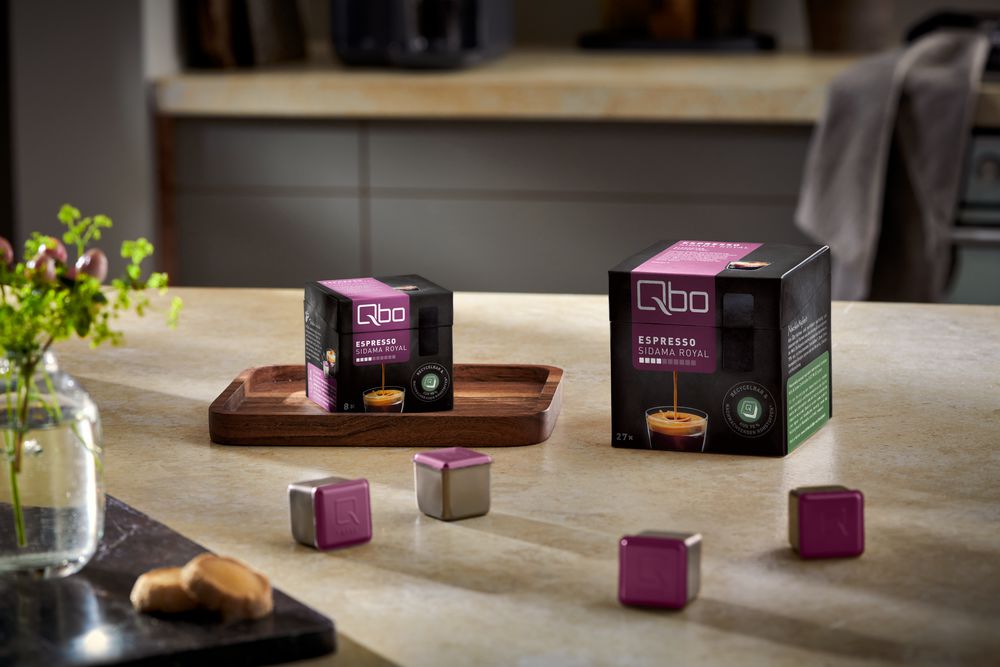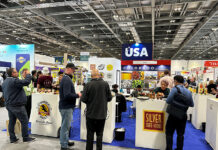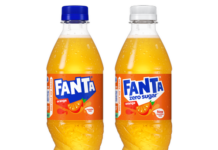BERRY Global has announced a ‘game-changing’ development in the coffee capsule market with the launch of a capsule made from renewable sources that do not compete with food.
The solution was found via a partnership between Berry, its customer Tchibo, and supplier Neste.
Coffee capsules are typically designed for single-use and have traditionally been made of virgin polypropylene (PP).
To improve the sustainability of its Qbo brand, German coffee producer Tchibo worked with Berry and Neste on the project to produce a coffee capsule produced from ‘identical’ types of polymers, which instead are made using bio-based raw materials such as waste and residue oils and fats, for example used cooking oils.
Berry global revealed that a life cycle assessment by the Technical University of Berlin has shown the conversion of the Qbo capsule material results in around 35% fewer CO2 emissions.
“While our Qbo capsules are still made of PP, this is now produced from 70% renewable raw materials instead of virgin fossil oil as is normally the case for coffee capsules,” said Marius-Konstantin Wiche, development manager, capsule & innovation at Tchibo. “This makes the entire Qbo range – containing sustainably grown Qbo coffee brewed in Qbo machines – one of the most sustainable capsule systems on the market.”
The materials are supplied via a mass balance approach, certified by the International Sustainability & Carbon (ISCC PLUS) system.
The renewable solution is said to offer the same quality and properties as conventional ones. The renewable feedstock can be introduced into existing production lines with no changes required.
“We needed to ensure that the high quality and great taste of the Qbo coffee would not be affected,” added Marius-Konstantin Wiche. “That’s why we focused on replacing the raw materials for the capsules, not the PP itself. The renewable materials go into producing PP polymers with the same quality as virgin PP; you won’t see or taste any difference.”
Berry said its expertise in design for circularity allows for ‘multiple’ potential solutions to be developed for the future manufacture of coffee capsules, thanks to its ISCC PLUS certified site in Bremervörde, Germany.
The introduction of the new capsules supports the firm’s commitment to achieve 30% circular plastics use across its fast-moving consumer goods packaging by 2030.
“Supporting our customers’ growing sustainability commitments is a key priority as we plan for the future needs of a net zero, circular economy,” said Jean-Marc Galvez, president of Berry Global Consumer Packaging International. “Delivering the infrastructure and manufacturing capabilities to design products for circularity is one of our core competencies.
“I am incredibly proud of this partnership and its commitment to demonstrate the potential of renewable raw materials to lower the environmental impact of capsules.”













